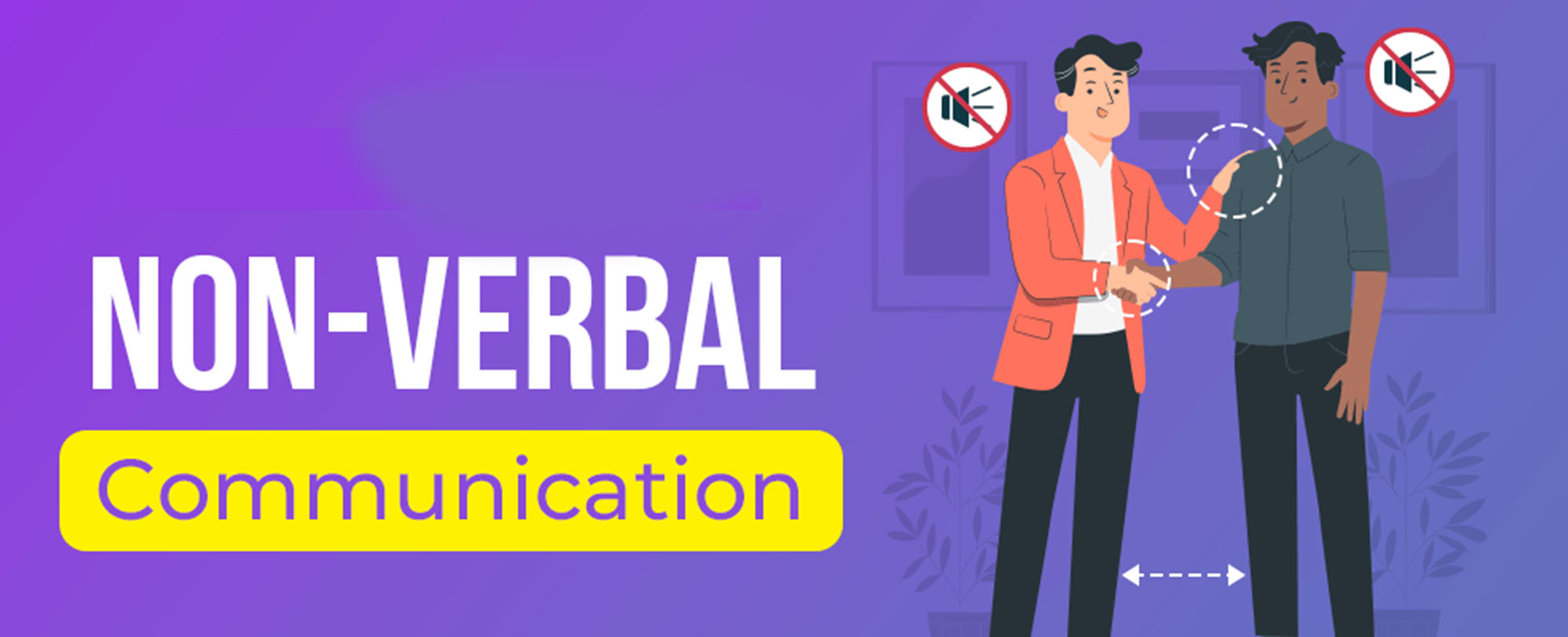
Understanding the importance of non-verbal cues in interpersonal interactions.
Recognizing the impact of body language, facial expressions, and gestures.
Interpretation and use of body language for effective communication.
Projecting confidence through posture, gestures, and eye contact.
Adapting body language to different social and professional contexts.
Understanding the role of facial expressions in conveying emotions.
Developing emotional intelligence through facial cues.
Recognizing and responding to non-verbal signals in others.
The significance of eye contact in building trust and rapport.
Using gaze to convey interest, sincerity, and engagement.
Cultural considerations in eye contact and its variations.
Interpreting and using hand gestures to complement verbal messages.
Avoiding miscommunication through awareness of cultural differences.
The power of non-verbal symbols and their impact on communication.
Understanding the role of personal space in communication.
Adapting to cultural norms regarding proximity.
Using spatial awareness for effective communication in various settings.
Projecting professionalism through non-verbal cues in the workplace.
Using non-verbal communication in interviews, meetings, and presentations.
Building a positive professional image through non-verbal behavior.
Reading non-verbal cues to gauge listener engagement.
Providing non-verbal feedback to enhance communication.
Developing active listening skills in conjunction with non-verbal awareness.
Identifying and addressing non-verbal cues in conflict situations.
Using non-verbal strategies to de-escalate tension.
Building understanding and collaboration through non-verbal means.
Applying learned non-verbal communication skills in real-life scenarios.
Role-playing exercises for practical skill development.
Feedback sessions to refine and enhance non-verbal communication techniques.
Participants will gain a comprehensive understanding of the nuances of non-verbal communication and its profound impact on personal and professional relationships. The course is designed to empower individuals with the skills needed to navigate the subtleties of non-verbal cues, fostering effective communication and building strong connections in diverse social and professional settings.